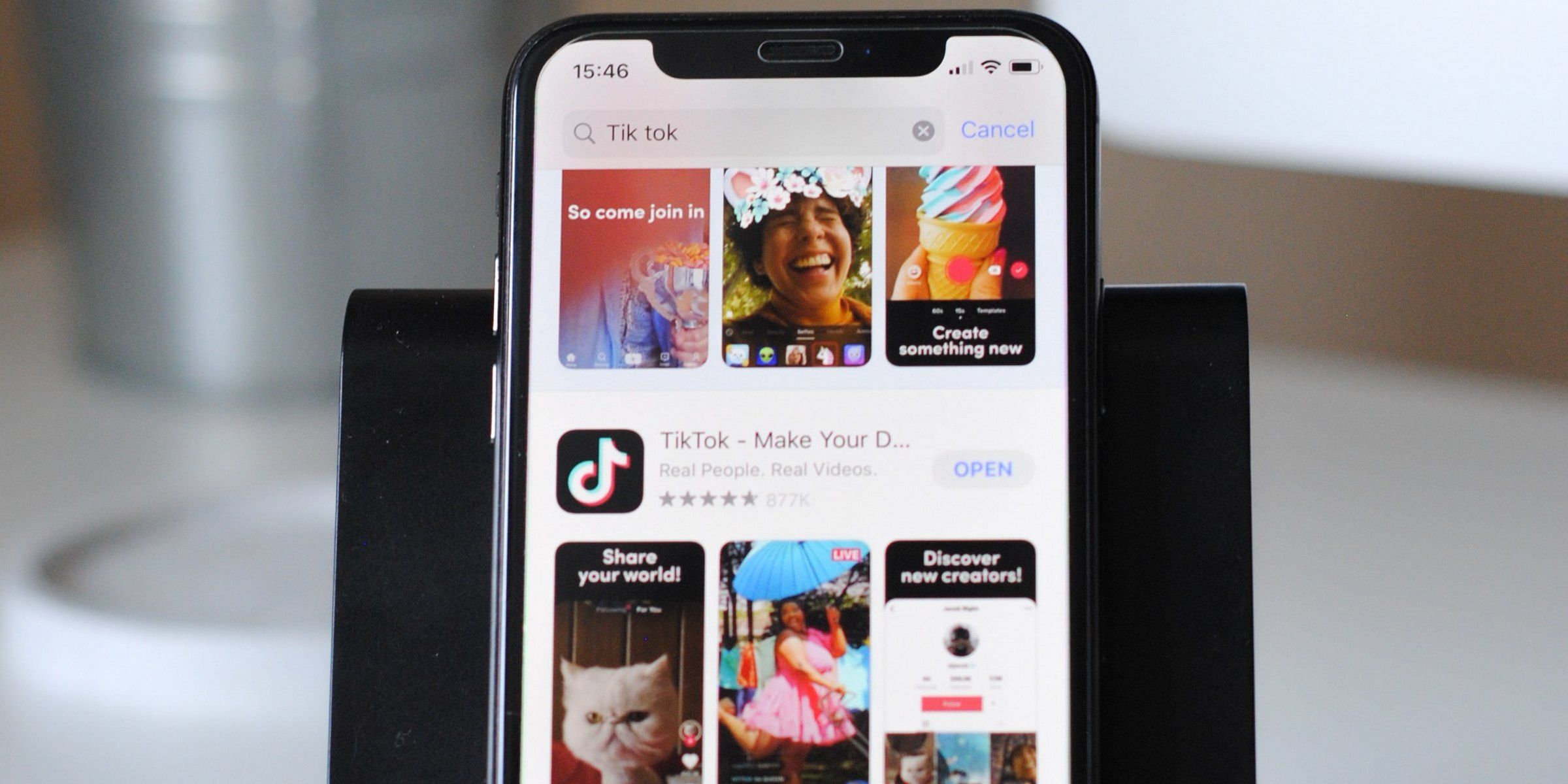In what appears to be a major blow for Apple and its App Store strategy, the South Korean parliament has passed a bill that prevents the company from forcing developers to use its in-house payment system. For years, Apple has been called a ‘gatekeeper’ of its famed ‘walled garden,’ exercising strict control over the whole app distribution process, especially when it comes to the iPhone and iPad ecosystems. One of those 'control rules' makes it mandatory for all mobile applications to use the App Store’s own in-app payment system, which ensures that Apple gets a 30-percent cut from all transactions.
The policy is contentious and has drawn the ire of small developers as well as big players like Spotify, which argues that the hefty 30-percent revenue cut gives Apple an unfair competitive advantage. In fact, until last week, Apple even prohibited developers from telling users about an alternative payment system for purchasing subscriptions or items by reaching out to them via media such as email. Apple has been enforcing these policies so stringently that it previously kicked Fornite — one of the most popular and highest-grossing games on the planet right now— off the App Store for violating the aforementioned rules resulting in a well-publicized court battle with Epic Games.
Despite the backlash, Apple has stood by its rules around in-app payments. However, the status quo might change soon, at least in South Korea, where the parliament has approved a bill that prohibits Apple from enforcing its mandatory App Store in-app payment system rule. What this means is developers can rely on third-party payment systems in their apps and avoid Apple’s 30-percent fee. The bill will become law once President Moon Jae-in signs it. According to The Wall Street Journal, if Apple doesn’t follow, the company could incur a penalty as high as 3-percent of its net annual revenue generated from the country.
A Move That Could Change The App Store Forever
The South Korean government also seeks to ban punitive actions such as removing an app from the App Store or blocking updates if an app flouts the App Store payment rules. The massive legislation in South Korea could set the ball rolling for similar rules in other markets where Apple is under scrutiny. The EU is already investigating Apple for anti-competitive practices following a lawsuit filed by Spotify that targets the hefty 30-percent App Store fee among other controversial policies. In the US, the Senate and the FTC have also put in motion plans to check Apple’s tight control over its app distribution channel that serves more than one billion devices and alone accounts for billions of dollars in revenue each year.
While Apple maintains that allowing users to purchase subscriptions or other virtual items from third-party payment systems exposes them to frauds and poses security risks as well, developers and consumer rights activists have argued that the bill paves the way for creating a fairer app ecosystem. The App Store is a cash cow for Apple that keeps on adding more billions to the company’s coffers each year. Even though South Korea is far from being Apple’s largest market and least likely to impact its business in a major way despite the new revenue-bleeding bill, it does set a precedent for more countries to follow down the same path. If the latter happens, it could mark a whole new era for the developer ecosystem serving the App Store, and for Apple as its gatekeeper.
Source: WSJ


